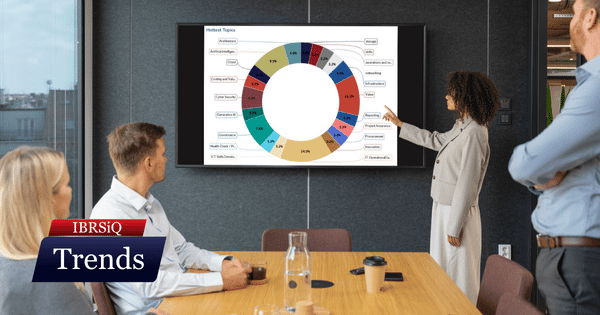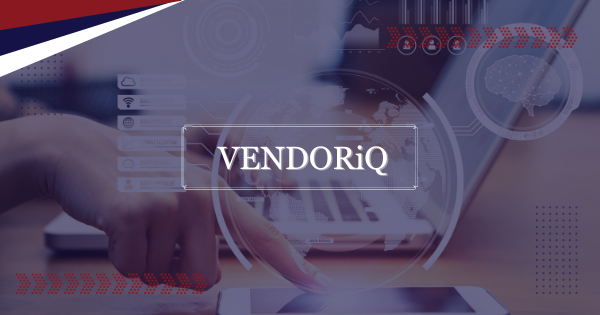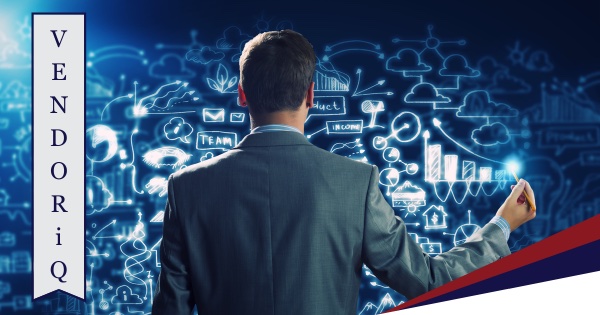
IBRSiQ September 2025
Despite an unwavering focus on fundamental operational excellence, value delivery, and governance, senior ICT leaders are increasingly balancing immediate security and compliance needs with a strategic evaluation of emerging technologies like artificial intelligence and generative AI to drive future efficiency and organisational value.







